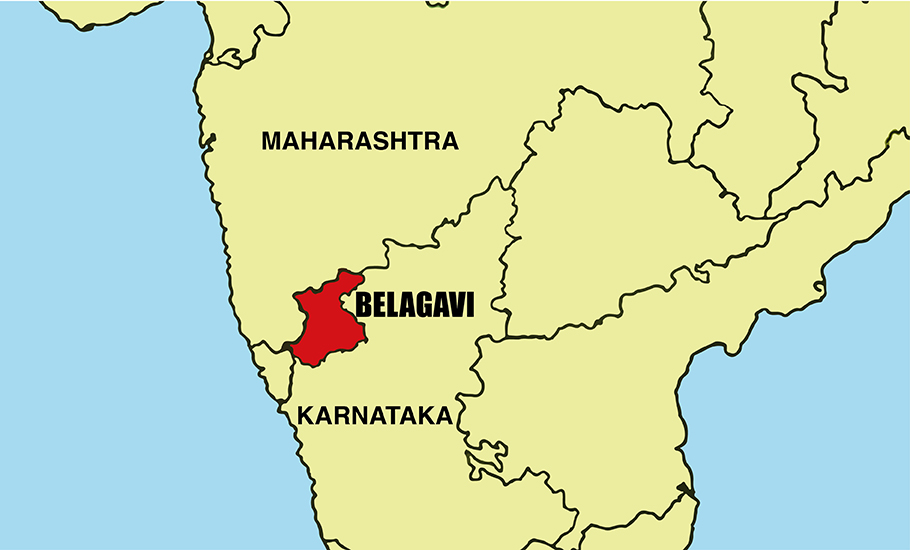What is the Belagavi Border Dispute?
26-08-2023
11:48 AM
1 min read

Overview:
The Supreme Court recently adjourned the hearing on the Belagavi border dispute case.
About Belagavi border dispute:
- It is an interstate dispute between Karnataka and Maharashtra over the control of Belagavi, a border town in Karnataka.
- History:
- It has its roots in the State Reorganization Act of 1956, which aimed at reorganizing the states along linguistic lines.
- At the time of India’s independence, Belagavi was part of the Bombay state that had included parts of present-day Karnataka.
- After the implementation of the Act, Belagavi (previously Belgaum) became a part of Karnataka.
- On May 1, 1960, Maharashtra claimed that 865 villages, including Belagavi, Carvar and Nipani, should be part of Maharashtra and not Karnataka.
- However, Karnataka said it will not part with any part of its territory.
- Mahajan Commission:
- It was set up by the Union government on October 25, 1966, to solve the dispute.
- The panel turned down Maharashtra’s claim over Belagavi and also recommended that 247 villages/places, including Jatt, Akkalkote and Solapur, be made part of Karnataka, and 264 villages /places, including Nippani, Khanapur and Nandagad, to be in Maharashtra.
- However, the commission’s report was outrightly rejected by Maharashtra. Meanwhile, Karnataka saw the commission ruling in its favour.
- Present Status:
- The Maharashtra government filed a plea in the Supreme Court challenging the State Reorganisation Act, 1956, in 2004. It demanded 865 villages and places from five Karnataka districts to be merged with the state.
- Meanwhile, Karnataka changed the name of Belgaum to Belagavi and made it the second capital of the state.
- The issue has been pending before the Supreme Court since 2004.
- Karnataka contends that only Parliament can decide the state borders and not the Supreme Court. It cites Article 3 of the Indian Constitution while doing so.
- On the other hand, Maharashtra cites Article 131 and claims the apex court has jurisdiction in cases of disputes in which the Union government and the states are involved.

Q1) What is Article 131 of the Indian Constitution?
The Supreme Court has exclusive and original jurisdiction over legal issues originating between states or between states and the union, according to Article 131 of the Constitution. The court protects all citizens' fundamental rights, and any breach of those rights can be brought immediately to the State High Court by Article 226 or the Apex Court under Article 32 of the Constitution. But when State related matter arises on specified grounds, original jurisdiction of the Supreme Court is invoked through A. 131.
Source: Belagavi border dispute case: SC adjourns hearing after fourth judge recuses himself
